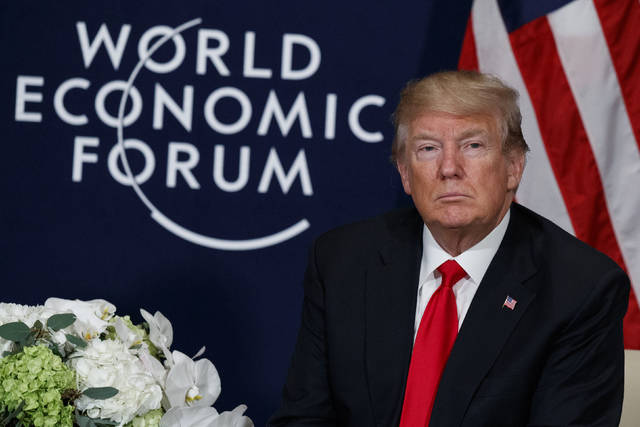WASHINGTON — The Trump administration says it will lift a partial ban on refugees from 11 countries, but subject them to tough new security measures before allowing them to enter the U.S.
In October, Trump ordered an effective freeze for 90 days on new refugees coming from what the administration termed “high-risk” countries, until new screening procedures were in place. The department wouldn’t name the countries, but refugee groups and court papers have identified them as Egypt, Iran, Iraq, Libya, Mali, North Korea, Somalia, South Sudan, Sudan, Syria and Yemen.
The administration cut the cap on the number of refugees admitted to the U.S. from 110,000 to 45,000 this year, but the new rules could mean that number of people who make it into the U.S. could be far lower than that.
The new rules will involve more intensive investigations and interviews of family members of people who want to be admitted to the U.S., though the Homeland Security and State departments declined to provide many details.
Ten of the 11 nations have predominantly Muslim populations (North Korea is the exception). Some are also included in the latest version of Trump’s travel ban — which affects any foreigner from certain countries who wants to visit the U.S., not just people seeking refugee status.
Trump put severe restrictions on travel from some Muslim-majority countries soon after taking office, sparking demonstrations at airports and battles in federal courts across the country. Though judges initially blocked the ban, the Supreme Court in December threw out injunctions and allowed the policy to be enforced while it considers arguments.
Also in December, a judge partially lifted the refugee ban, but only for people with family relationships to people already living in the U.S.
In a speech Monday, Homeland Security Secretary Kirstjen Nielsen said the new measures will prevent the refugee program “from being exploited by terrorists, criminals and fraudsters.”
“I want to be clear; these restrictions have nothing to do with race or religion,” she said. “This is about information-sharing and knowing who, as an individual, is coming into our country.”
Homeland Security officials also signaled that U.S. refugee policy is likely to get even tougher. From now on, they said, the administration generally will give security risks more weight when deciding who can be admitted on humanitarian grounds.
With the details of the new screening rules left vague, a refugee advocate said it’s difficult to tell how many people will be able to pass muster and enter the U.S.
“The devil is going to be in the details… whether this is a ban by another name,” said Jennifer Quigley, a refugee advocate for Human Rights First. She said it’s likely that “you’re going to continue to see very low admissions of Muslim refugees.”
The new policy has placed many refugees in danger, she said, including Iraqis who worked for the U.S. military, contractors or other organizations during the war.



